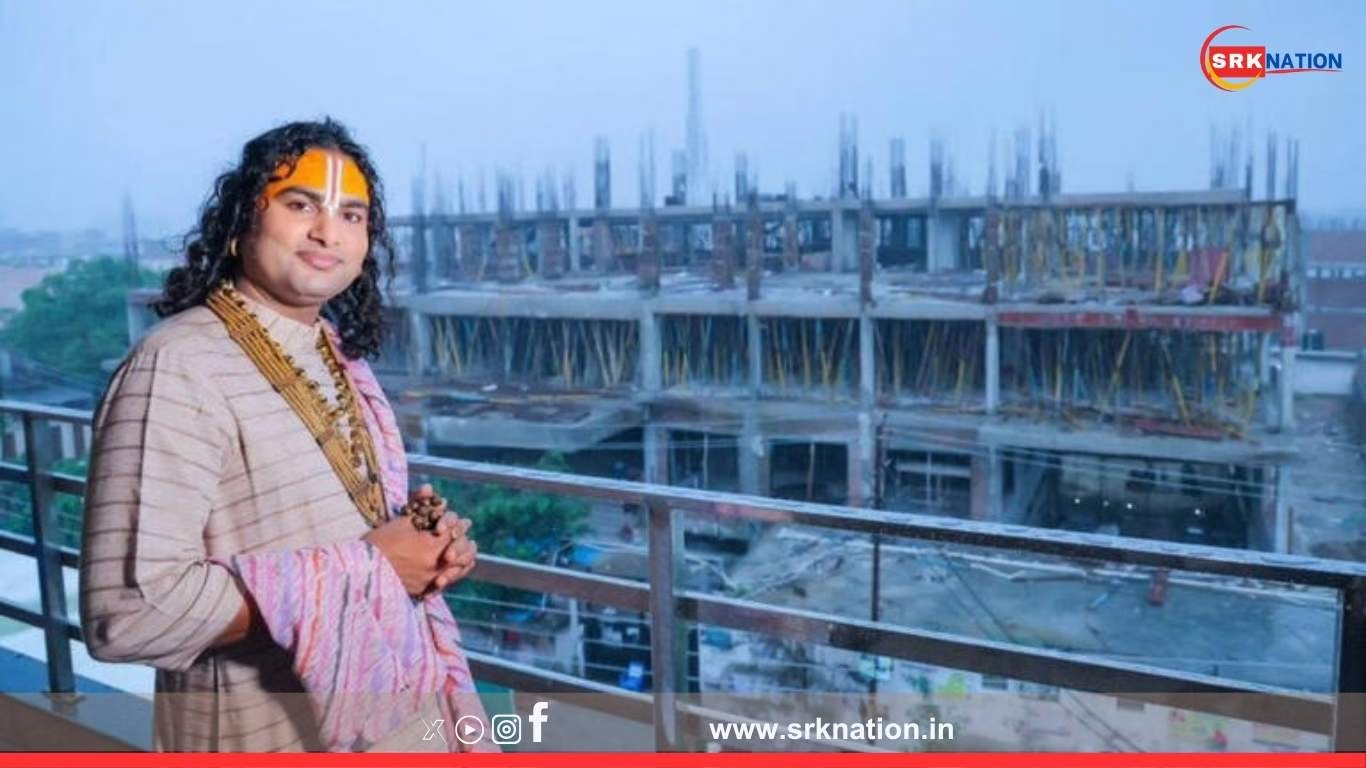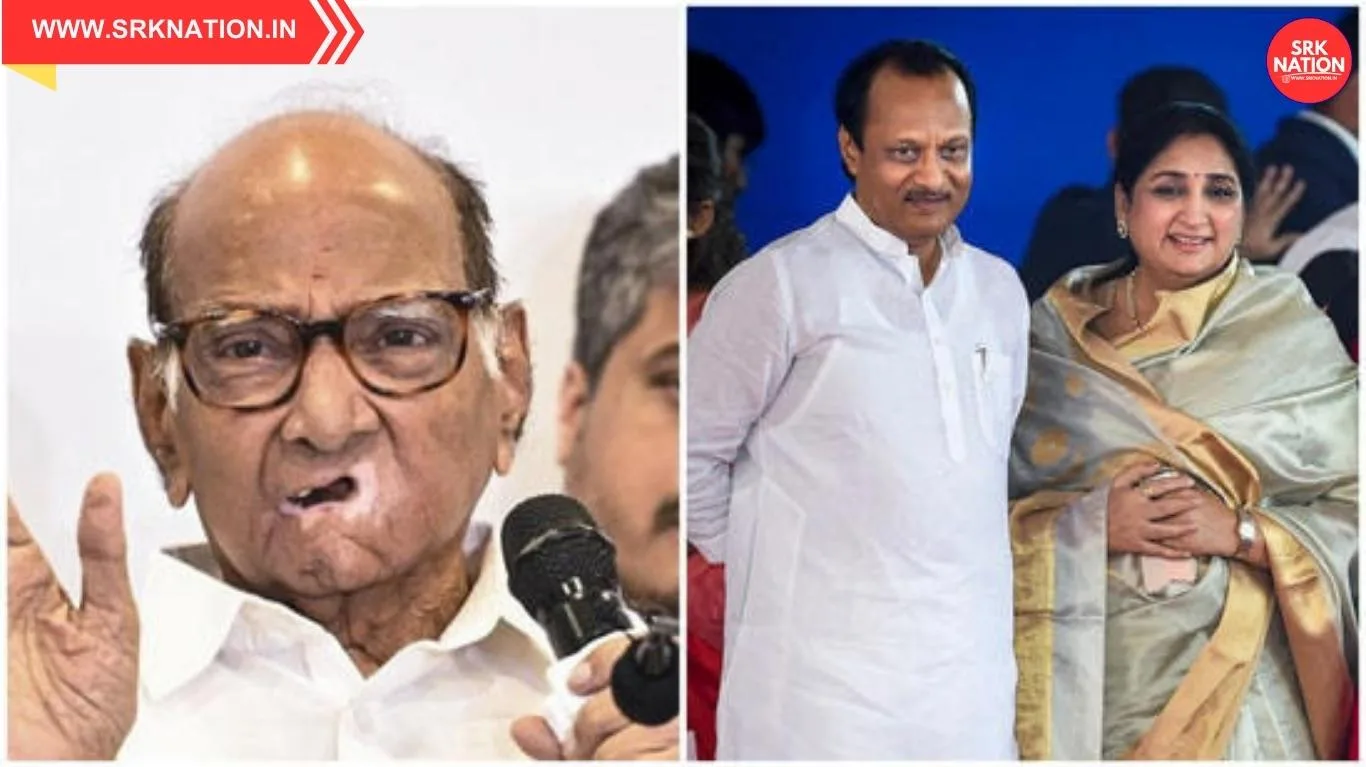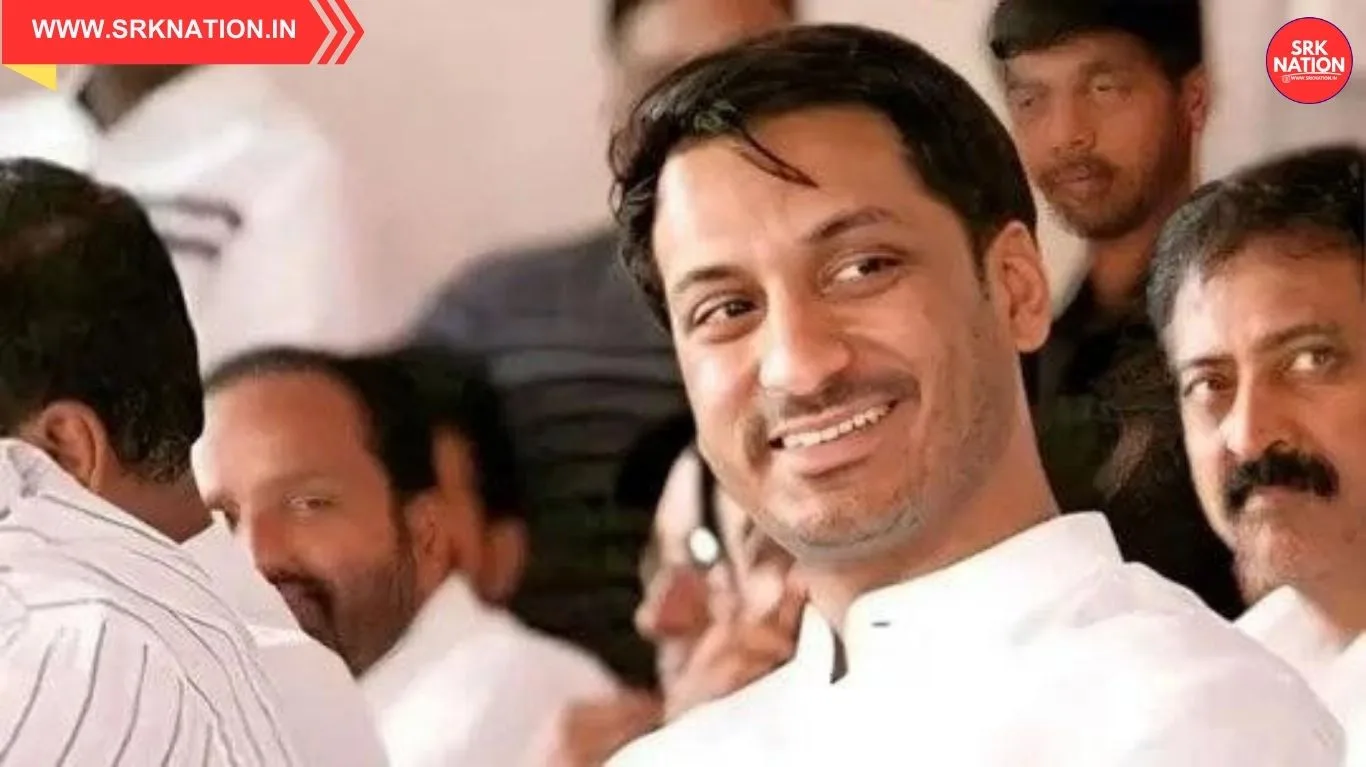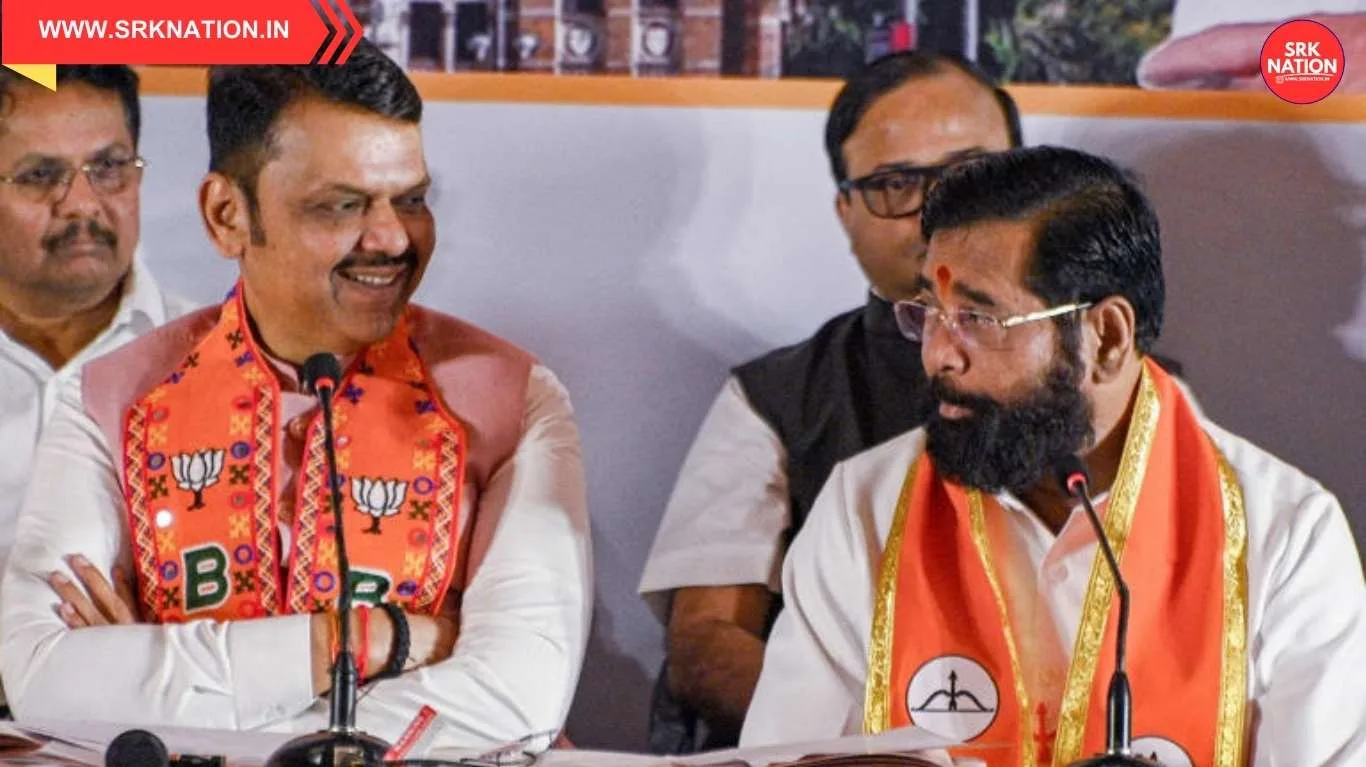In a development that sparked nationwide outrage and widespread backlash on social media, popular spiritual leader Aniruddhacharya Ji Maharaj issued an apology after making a controversial comment during a recent sermon, where he appeared to link the character of unmarried women to moral looseness. The remark, interpreted by many as deeply misogynistic, drew sharp criticism from women’s rights groups, political leaders, social influencers, and the general public.
The spiritual guru, followed by millions across India and abroad, found himself at the centre of a firestorm when a clip from his discourse went viral. In the video, Aniruddhacharya is heard saying that “unmarried women tend to have loose character”—a sweeping generalisation that led to furious condemnation.
Following the backlash, he issued a clarification, saying his remarks were taken out of context and asserting that he meant “some women, not all”. However, many found the apology insufficient and non-committal, further fueling the controversy.
How the Controversy Unfolded
The controversy began when the spiritual preacher, during one of his kathas (religious discourses), made comments implying that women who remain unmarried are more likely to deviate from a virtuous path. The exact statement, translated from Hindi, was:
“Those women who do not marry often fall into bad company and develop loose character. This is why marriage is a dharma (duty) and should be embraced.”
This statement was clipped and circulated on social media platforms like X (formerly Twitter), Instagram, and YouTube, attracting millions of views within hours.
Timeline of Events
| Date | Event |
|---|---|
| July 21, 2025 | Clip from Aniruddhacharya’s sermon goes viral |
| July 22, 2025 | Public figures and rights groups demand apology and legal action |
| July 23, 2025 | Hashtags #BanMisogyny and #ApologiseAniruddhacharya trend nationwide |
| July 24, 2025 | Aniruddhacharya issues clarification via video message |
| July 25, 2025 | Women’s groups file complaint with National Commission for Women |
Apology and Damage Control
In his statement of apology, Aniruddhacharya said:
“My intention was not to insult all unmarried women. I was referring to some specific situations where, due to the lack of a guiding environment, individuals may go astray. I respect women and have always considered them integral to Sanatan Dharma.”
He further added that his words were being distorted by those who wish to spread hate and division.
Despite the apology, netizens and activists have demanded more than a verbal retraction, with several calling for legal accountability under laws pertaining to hate speech and gender discrimination.
Public and Political Reactions
The remark invited reactions from a cross-section of society, with many prominent figures condemning the sermon.
| Name | Position | Reaction |
|---|---|---|
| Swati Maliwal | Ex-Chairperson, Delhi Commission for Women | Called the remark “insulting to the dignity of women.” |
| Mahua Moitra | Member of Parliament | Asked authorities to “take suo motu cognisance of such public hatred.” |
| Barkha Dutt | Journalist | Said, “This is why women are moving away from self-proclaimed godmen.” |
| Smriti Irani | Union Minister | Described it as “a reflection of patriarchy cloaked in spiritualism.” |
On social media, thousands of users expressed disbelief at the casual tone of the statement and questioned how such remarks can go unchecked in a democratic society.
Women’s Rights Groups React
Several women’s organisations have condemned Aniruddhacharya’s statements and demanded a public apology on national television, along with sensitivity training.
Key demands include:
- Formal written apology sent to national women’s organisations
- Blacklisting of platforms that host sermons promoting gender bias
- Strict regulation of spiritual content that influences public perception
Some activists have even filed complaints with the National Commission for Women (NCW), urging them to investigate and take appropriate action.
Broader Issue: Gender Bias in Religious Discourse
The incident once again exposes the entrenched patriarchal views often perpetuated through religious and cultural platforms in India. While religion continues to hold immense power and influence over public consciousness, such unverified generalisations made from pulpits of faith have long been criticised for reinforcing regressive ideologies.
| Issue | Description |
|---|---|
| Misogyny in spiritual discourse | Repeated targeting of women’s choices and autonomy in sermons |
| Impact on societal mindset | Spiritual leaders often shape public morals, leading to systemic bias |
| Lack of accountability | Few or no legal consequences for hate speech under religious pretexts |
The Role of Social Media in Accountability
It was social media outrage that pushed this controversy into national focus. Hashtags such as #ShameOnAniruddhacharya, #RespectUnmarriedWomen, and #StopSpiritualSexism trended for over 48 hours.
Millions of users called out the hypocrisy of spiritual leaders preaching morality while demeaning women’s rights. A number of users also highlighted that unmarried women in modern India are choosing independent lives, prioritising careers, personal growth, and self-discovery over societal expectations of marriage.
Impact on Followers
The incident has caused a rift among his followers as well. While a section of devotees have defended him, citing traditional interpretations, a growing number—particularly women—have disassociated themselves from his teachings.
One follower posted, “I respected him for his spiritual wisdom, but such statements make me question everything.”
Another wrote, “Spirituality should uplift, not degrade. I’m deeply disappointed.”
Legal Perspective
Legal experts note that hate speech, particularly when directed at a group based on gender, can be actionable under IPC Sections 295A (deliberate acts intended to outrage religious feelings) and 509 (word, gesture or act intended to insult the modesty of a woman). However, action is rare unless political will supports it.
Some women’s rights groups are considering filing a Public Interest Litigation (PIL) to seek regulation of sermons broadcasted on public channels.
Final Words and Moving Forward
The outrage over Aniruddhacharya’s statement is not just about one comment—it’s about a larger issue of normalised gender stereotyping in the name of faith. As India advances in technology, economy, and social dialogue, public figures—especially those with massive followings—are being urged to adapt and act responsibly.
While the preacher has issued a mild apology, critics argue that the onus is on society to call out regressive narratives and demand progressive accountability from leaders across domains—political, spiritual, and cultural.
The incident might just mark another moment in India’s ongoing struggle for gender equality, especially in spheres that have traditionally gone unchallenged.
Disclaimer: This article reflects developments based on publicly available statements, reports, and online reactions. It does not intend to malign any person or group but aims to present an accurate account of events for public interest and discussion. The views expressed in quotes belong to the individuals cited.











